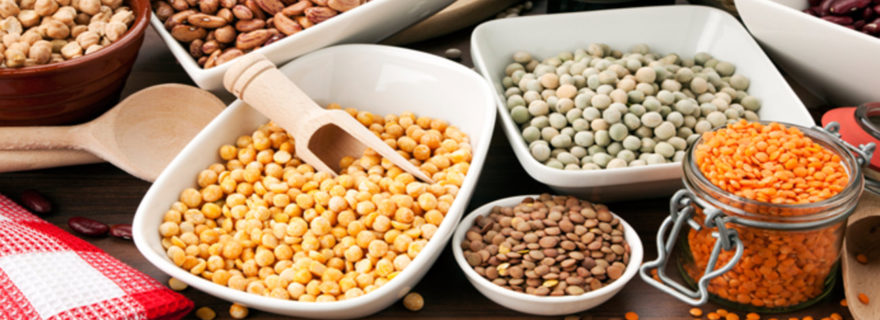Increased intake of fruits, vegetables, legumes and cereals during fasting results in an improvement of the cardiovascular system by reducing or normalising blood pressure.
This is because all these foods are rich in potassium and other trace elements.
Replacing animal fats (bad fats) with vegetable fats (good fats – from olive oil, tahini & nuts) and seafood (polyunsaturated omega-3 and omega-6) contribute greatly to good heart and vascular health and also have anti-inflammatory-antioxidant effects.
In combination with the corresponding antioxidants contained in fruits and vegetables such as vitamins vit A, vit C, vit E, they strengthen our immune system and our body’s defense against free radicals.
The most popular fasting foods include:
Olive oil and olives are sources of monounsaturated fat and vitamins E & A, carotenoids, potassium, calcium, calcium, phosphorus, iron and magnesium. In their consumption, care must be taken with regard to salt and calories.
Seafood is a key source of proteins of high biological value, rich in omega-3 fatty acids and low in saturated fat.
Legumes are rich in nutrients and fibre, but also low biological value proteins and a variety of trace elements
Various seasonal vegetables (cooked or in salad) are sources of fibre, vitamins and minerals, but also a valuable source of fibre and protein.
Nuts are excellent sources of plant proteins, fibre and micronutrients such as calcium, B vitamins and omega-3 fatty acids.
Halva is derived from sesame and is a food rich in unsaturated fat and simple sugars (although stevia and sugar-free options are now available) and total calories. It is a good source of vitamin E, iron, calcium, phosphorus, potassium, selenium and zinc.
Taramas is a good source of vitamins A and D, magnesium, zinc, phosphorus and potassium. But at the same time it is a food rich in salt and calories and therefore requires caution.
Soy is a substitute (partly) for meat but also a source of polyunsaturated fatty acids and omega-3 fatty acids, protein of high biological value and soluble fibre.
According to published studies, it is a diet program that can lower levels of total and “bad” (LDL) cholesterol and even body weight, and may increase levels of certain nutrients, such as omega-3 fatty acids, which are associated with cardioprotection and fighting depression.
So, during these days, we make sure to eat and enjoy balanced meals, taking care not to have any deficiencies and of course we never forget the beneficial effects of water for our organism!
Happy Lent!
Consult your doctor:

Athena Greka – MD
Specialist pathologist – Nutritionist, Specialization in Gerontology
www.pathologosgreka.gr

Yagos Tsikinis -MD
Specialist pathologist-biologist, specialising in hypertension
fb: @YA.partners















